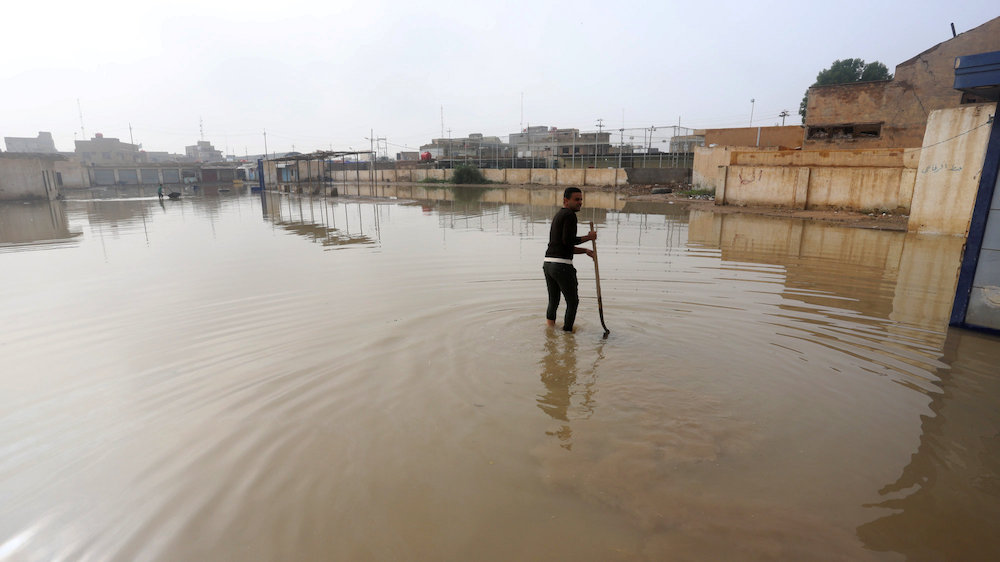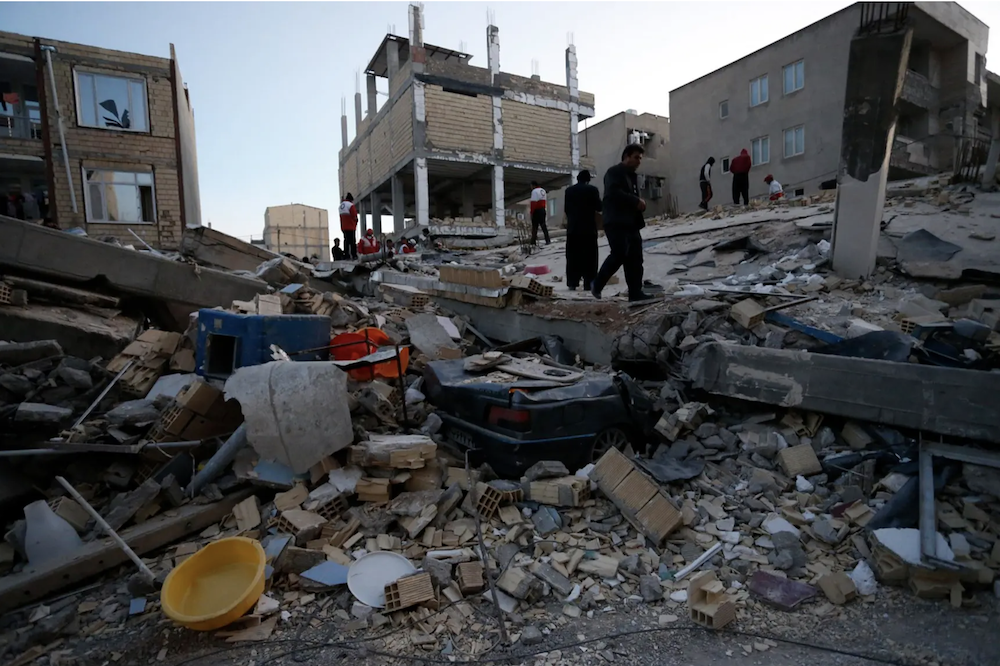GAZA CITY: The only grand piano in the Gaza Strip was played in public for the first time in a decade, following a complicated international restoration effort to fix the instrument after it was nearly destroyed in an Israeli airstrike.
Some 300 fans attended the performance on Sunday, staring in awed silence as Japanese and local artists performed for them. For many, it was the first time they had ever heard a piano performed live.
“Playing this piano is feeling like playing history,” said Japanese pianist Kaoru Imahigashi. “It’s amazing. I felt the prayer of peace for many people.”
The piano’s story goes back many years, mirroring in many ways the story of Gaza. The Japanese government donated the piano some 20 years ago, following interim peace accords between Israel and the Palestinians. At the time, Gaza was envisioned as becoming the Singapore of the Middle East.
Fayez Sersawi, a Culture Ministry official, said he was responsible for receiving the piano, which was placed at a large theater in the newly built Al-Nawras resort in northern Gaza. He said music festivals were a regular activity before the beginning of the second Palestinian uprising against Israeli occupation in 2000.
In 2007, the resort closed the theater and the swimming pool and scaled down most activities after Hamas, an Islamic militant group, took control of Gaza by force after winning legislative elections. Under Hamas rule, many forms of public entertainment, including bars, movie theaters and concert halls, have been shuttered.
An ensuing Israeli-Egyptian blockade, meant to weaken Hamas, and severe damage after a three-week war with Israel in January 2009 closed the resort altogether.
The piano was silenced and sat unused until 2014, when an Israeli airstrike during a third war with Hamas destroyed the Al-Nawras hall. The piano was miraculously found unscathed, but rickety and unplayable.
After the piano was discovered, the Japan International Cooperation Agency, which sponsors development programs in Gaza, got involved.
The Japanese Foreign Ministry confirmed that a piano was donated to the Palestinian Authority in 1998. Workers from the cooperation agency took the serial number and contacted Yamaha, its producer. The company confirmed that the instrument had been manufactured between 1997 and 1998.
“Everything matched,” said Yuko Mitzui, a representative of the cooperation agency.
The Belgian nonprofit group Music Fund, which supports music instruction in the Palestinian areas, sent a French expert in 2015 to restore the piano.
Another Belgium restorer visited Gaza last month and put the final touches on the instrument. A limited, private concert was held as a trial.
On Sunday evening, all 300 seats of the theater hall at the Palestine Red Crescent Society were occupied with fans of all ages, as the rapt audience listened eagerly and clapped in applause at the end of each performance.
Kaoru, the pianist, stroked the keys smoothly as opera singer Fujiko Hirai performed the Japanese folk song “Fantasy on Sakura Sakura.”
It was the first time that Yasmin Elian, 22, attended a piano concert. “I liked how people interacted” with the artists, she said. “This encourages me to learn piano.”
Gaza has one music school, the Edward Said Conservatory, with 180 students. It suffers a lack of funding and operates in several rented rooms at the rescue services’ main ambulance station.
A group of students from the conservatory partnered with the Japanese artists and played the Palestinian national anthem, drawing huge applause from the audience.
Ismail Daoud, a conductor who heads the school, said it is hard to bring pianos to Gaza because of their weight and their prices, but that his school “desperately needs them.”
In 2009, Washington-based aid group Anera bought two upright pianos to Gaza and helped coordinate their crossing through Israel’s then strictly closed border.
Now, the Culture Ministry has given the piano to the conservatory — “to the place where it belongs and where it should be,” Daoud said. “The revival of the piano is like the revival of the Palestinian people.”




